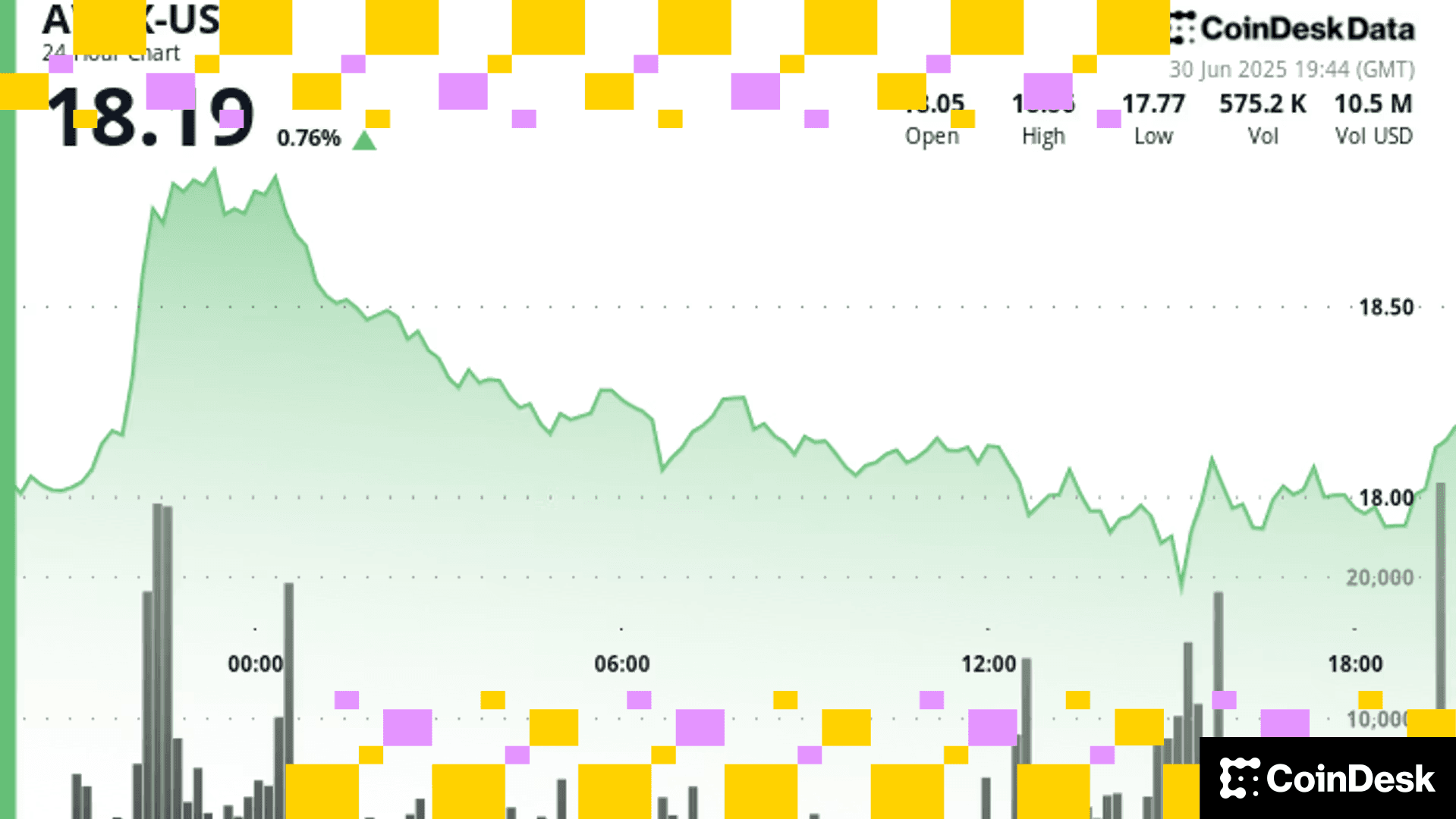India’s Central Bank Recommends Basic Version of CBDC
The bank calls the currency a “convenient alternative” to cash.

As India grapples with uncertainty around cryptocurrency regulation, the Reserve Bank of India (RBI), the country’s central bank, said it is inclined to offer a basic central bank digital currency (CBDC) initially before implementing a more sophisticated version.
A report titled “Trend and Progress of Banking in India 2020-21″ released on Tuesday elaborates on the thinking of the RBI on a CBDC.
In a major step away from the RBI’s stance in the past toward anything cryptocurrency-related, the report says, “In its basic form, a central bank digital currency (CBDC), provides a safe, robust and convenient alternative to physical cash. In comparison with existing forms of money, it can offer benefits to users in terms of liquidity, scalability, acceptance, ease of transactions with anonymity and faster settlement.”
The RBI is charting ways to implement a CBDC in phases and its initial recommendation is to ”adopt basic models initially, and test comprehensively so that they have minimal impact on monetary policy and the banking system.”
Read more: Indian Ruling Party-Aligned Group Takes Stance on Crypto Regulation
While the bank said it is concerned about the “dynamic impact” of a CBDC “on macroeconomic policy making,” the report points to “India’s progress in payment systems” and how that “will provide a useful backbone to make a state-of-the art CBDC available to its citizens and financial institutions.”
The report raises questions about several aspects of CBDCs including “design elements” that “need to be navigated before” a CBDC is introduced. The design elements include exploring the rollout and navigating “whether the CBDC would be general purpose and available for retail use (CBDC-R), or would it be for wholesale use (CBDC-W)?”
T Rabi Shankar, the RBI’s deputy governor, has stated that “two types of CBDC are in the works,” wholesale and retail, and that “a lot of work has been done” on the wholesale CBDC but that “the retail-based CBDC approval is more complicated and it will take some more time.” He also said that “the moment it is ready, whichever is ready first, we will release it for pilot testing.”
In the past, the RBI has sought a total ban on cryptocurrencies, arguing that a partial ban wouldn’t work. In April 2018, the RBI notified banks not to support or engage in crypto transactions, effectively banning crypto trade in India, until the Supreme Court overturned the ban two years later.
The Indian government’s current bill to regulate cryptocurrencies, a draft of which has not been made public, has also reportedly evolved from prohibiting “all private cryptocurrencies” while allowing “for certain exceptions to promote the underlying technology,” to enabling cryptocurrency to be used as an asset, but banning its use as currency or payment.
CoinDesk has reported that India’s draft cryptocurrency bill probably won’t become law until after next year’s Budget Session ends in April, adding to uncertainty about the state of crypto regulation in the nation.
Di più per voi
Di più per voi













